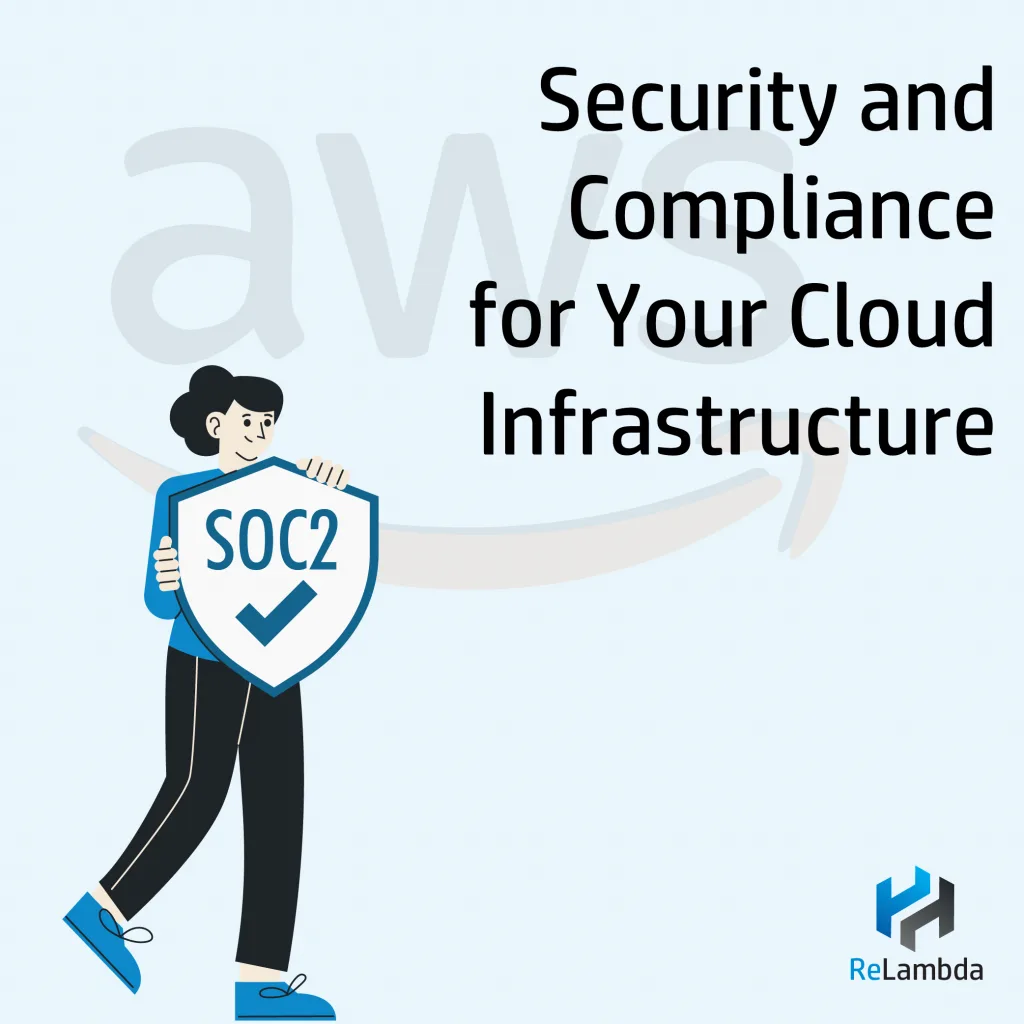DDoS Attacks: A Persistent Threat
Distributed Denial-of-Service (DDoS) attacks remain a significant threat to online businesses and infrastructure. These attacks flood servers and networks with malicious traffic, rendering them inaccessible to legitimate users. To combat this persistent menace, organizations increasingly rely on robust security measures, particularly those offered by cloud security and DevSecOps teams like Relambda.
Understanding DDoS Attacks
In a DDoS attack, attackers overwhelm a target system with a massive volume of traffic from multiple sources, often compromising the system’s ability to respond to legitimate requests. These attacks can cripple websites, online services, and critical infrastructure, causing significant financial and reputational damage.
Relambda‘s Role in DDoS Defense
Relambda’s cloud security and DevSecOps teams play a pivotal role in mitigating DDoS attacks. They employ a multi-layered approach that includes:
- Proactive Monitoring: Continuous monitoring of network traffic for anomalies and suspicious activity.
- Real-time Threat Detection: Advanced detection systems to identify and classify DDoS attacks in real-time.
- Rapid Response: Swift implementation of mitigation techniques to neutralize the attack.
- Flexible Mitigation Strategies: Adapting to various attack vectors and employing appropriate countermeasures.
- Collaboration with Security Partners: Leveraging the expertise of industry-leading security providers.
Tools for DDoS Prevention on Different Cloud Environments
Various tools and techniques are available to prevent DDoS attacks on different cloud environments:
Cloud-Specific Tools:
- AWS Shield: A managed DDoS protection service that safeguards applications running on AWS. It offers Standard and Advanced tiers, each with distinct features and capabilities.
- Azure DDoS Protection Standard/Basic: Built-in protection for all Azure resources, providing layer 3 and 4 DDoS mitigation.
- Google Cloud Armor: A web application firewall (WAF) and DDoS protection service that safeguards web applications and virtual machines on Google Cloud Platform.
Third-Party DDoS Protection Services:
- Cloudflare: A popular CDN and security service that offers robust DDoS protection, including rate limiting, IP blocking, and challenge-response authentication.
- Imperva: Provides advanced DDoS protection solutions, including web application and API protection, as well as database security.
- Radware: Offers a comprehensive suite of DDoS protection solutions, including hardware and software-based appliances, as well as cloud-based services.
Best Practices for DDoS Prevention:
- Regular Security Audits: Conduct regular security assessments to identify vulnerabilities and implement necessary patches.
- Strong Password Policies: Enforce strong password policies to protect accounts from unauthorized access.
- Web Application Firewalls (WAFs): Deploy WAFs to filter and block malicious traffic.
- Rate Limiting: Implement rate-limiting techniques to control the number of requests a server can handle.
- Content Delivery Networks (CDNs): Use CDNs to distribute traffic across multiple servers, reducing the impact of DDoS attacks.
- Network Segmentation: Divide networks into smaller segments to limit the potential damage of an attack.
- Intrusion Detection Systems (IDS): Deploy IDS to monitor network traffic for signs of malicious activity.
- Incident Response Plan: Develop a comprehensive incident response plan to minimize the impact of DDoS attacks.
By combining these tools, techniques, and best practices, organizations can significantly reduce the risk of successful DDoS attacks. Relambda’s commitment to robust security measures and proactive defense strategies ensures that their clients are well-protected against this persistent threat.
Note : Flagger.ai is a must have tool for every cloud account that helps you get security insights on your cloud.


